 |
| Liam Noble in the film “On Improvisation” |
In this double interview – done by email – Elena and Liam ask five questions about the process of making the film, which in turn leads to them raising interesting issues about film and music. The film itself is placed between the two interviews:
INTERVIEW 1: Questions to Elena Mortelliti
Liam Noble: What are the challenges of filming an improvising musician?
Elena Mortelliti: This was a very interesting experience for me, as it was the first time I filmed a musician playing an instrument, let alone improvising. I wasn’t very familiar with improvising techniques at the time, so I guess I ‘improvised’ too in the way I filmed Liam, going along with the flow. I tried to let him ‘free’ with his music but at the same time had to ask him to repeat himself in various takes, trying not to play in a completely different way, so that I could edit the different takes together, at the end of the shoot. It was a very unusual experience, but very inspiring, as I felt we were communicating with each other, each with our own instrument. So I guess the challenge was to let Liam feel free to express himself, within a ‘safety net’ I could work with later in the edit.
LN: How, if at all, did the sound of the music affect your approach to filming/editing?
EM: In this case the sound of the music was central to the filming/editing of the video, as I constructed the whole piece, structurally and aesthetically, starting from how the music inspired me. The way the music piece is constructed, led me to order sections of the video in a certain way, which is what you can see in the finished edit. Each movement of the piece, has a different vibe and corresponds to a different location, with a different kind of piano, each with its own sound. We played a lot with this and I think it was fun too. Previously I had worked in a different way, waiting until the edit phase to think about the music and to work with the composer on how it corresponded with the narrative. So this complete change of priority was very interesting.
LN: Music is traditionally, and predominantly, used as “underscore” in film. Is there a way that it could have a more active role?
EM: I agree, music is generally used as a background in film and my personal experience confirms this general attitude. It’s a actually a pity, as music can be one of the fundamental language mediums. I tend to appreciate all those films where music is used ‘diegetically’, where it becomes a character and it’s part of the film, the audience is then encouraged to include it and appreciate it as such. One example of a remarkable use of music in this way, diegetically, is Xavier Dolan, a young Canadian talent. In his films the music is part of the narrative and is used in a very creative way.
LN: Would you like to do more with music in the future and what form might that take?
EM: I would defiinitely like to work more with music in the future, as this experience has opened my eyes to its potential and creative impact. I could continue filming with musicians, or film actual music performances, but also I would envisage exploring music as one of the elements of the film, as Xavier Dolan does so wonderfully.
LN: Who is your favourite film composer, or your favourite director/composer partnership?
EM: I think there are two perfect examples of very successful partnerships between a film director and a composer: that is David Lynch and Angelo Badalamenti and Sergio Leone and Ennio Morricone. Two languages that speak the same language, images and notes that are written in both cases with the same sentiment. I don’t have an example of a similar partnership between a documentary filmmaker and a musician, but there are far less documentaries than films.
= = = = = = = = =
INTERVIEW 2: Questions to LIAM NOBLE
Elena Mortelliti: What is the difference between performing for an audience as opposed to for a camera?
Liam Noble: I guess the obvious answer is one about response. You only have an audience of one, and that one person can’t respond in the same way because essentially they might want something specific. They don’t want to be too surprised…maybe they need a shot of you smiling, or to play something similar to what was on the longer take before. I imagine it’s like making films; the action doesn’t always happen chronologically, but the final edited version may appear that way. With a live audience, aside from the set times of the gig, the music goes wherever it wants to more….this happened to an extent when we were filming, in places, but as part of a longer plan. I guess it’s all about how much flexibility with time you have. One thing about playing to an audience is that you can change how you play according to what you feel they might want from you, perhaps as an accumulation of little things that might tell you “time for a standard” or “we need to play more freely here” etc etc. With filming, you haven’t even met the audience yet. They don’t appear until the filmmaker and the subject have finished their work. The audience is one person behind the camera, and they are working too, they are obliged not to respond but to stay focused on their art and craft. In a way it’s even more strange than recording in a studio, but for that reason it’s exciting. It’s interesting to think about the different perspectives the final edit can offer.
EM: What is your view of the use of music in films?
LN: Use of music seems to have changed a lot over the years. I was listening to Wagner the other day, and some of it sounds like underscore to one of those forties film noir movies, “darling, you know I will always love you but we can’t” type of thing. Music in film is often a pastiche of something the filmmaker can’t get clearance to use. Philip Glass has a lot to answer for! I would like to see music take a more active role in film somehow. I’m not sure how it would work visually, crowding the senses can be problematic in music alone, so adding a complex or active musical score to an already complex film might be tricky. I’m sure that’s why people don’t, on the whole, do it.
But maybe shifting the balance, losing some narrative in the film itself and adding musical depth, might be interesting. I remember seeing I Am Love, a film by Luca Guadagnino, and enjoying how much fuller it seemed by using music by real composers, that is to say music that was written for a purpose other than to be in a film; as if there were two different strands superimposed rather than just the film and its “underscore”. On the other hand, I like the thing of juxtaposing music with atypical emotional scenes; David Lynch comes to mind…it’s more about the use than the quality of the music itself. Twin Peaks was like that, romantic, almost sentimental music with doo-wop styled harmonies underscoring some very dark storylines. It somehow underlined the sinister atmosphere of the place more than standard nightmarish stuff would. I wonder how many other kinds of juxtapositions are possible?
EM: Does being filmed affect your way of playing?
LN: I wish it didn’t but, yes, it does, at least for this film it did. I was quite aware of the structural limitations, that certain sections had to reflect things I was talking about, I wanted textures to move from thin to fuller to more percussive; in a way it was composing a possible version of a piece that normally I would improvise. There was a vague plan to our film, but I wanted within those boundaries to have an open, improvised feel. How much I could improvise from take to take was a balance I had to work out as I went along, and I think maybe Elena also was figuring out ways to accommodate the fact that nothing was ever exactly the same twice for different shots. Then there’s the thing of how you look…In some ways I wish I played more cinematically! A few more visual flourishes, some dramatic faces, that sort of thing! Unfortunately I tend to frown and shut my eyes when I’m concentrating, but it would be interesting to see if I could kick that habit and keep the music intact…You get more conscious of how much you communicate; I am like a kid who shuts his eyes and thinks he can’t be seen by anyone else. Film takes that illusion away for sure!
EM: Would you like to do more with film in the future and what form might that take?
LN: Yes I would, and I don’t know what form it might take. I’m interested in doing something where film and music meet more in the middle perhaps. I’m not sure if I am extrovert enough to be the subject of a documentary, but it might be interesting to do something that starts as a way of observing what I do and becomes about the other things that go on in the periphery. I am not a great self-publicist, and I am not the most animated of people; that’s why I play music, to put some animation into myself perhaps and to put my case without having to talk. But the different mixes of film and music seem a rich vein to explore. The film we recently finished was quite schematic and preconceived, and also quite concise, and I like the way Elena structured and edited it. I’d like to try one that is more sprawling and chaotic! Equally I’m up for trying something similar again, I learnt so much last time.
EM: Would you like to write music for film, and how would that differ from your music now?
LN: I guess this relates to my opinion of music and film in the third question. I’m interested in doing anything that makes me think differently. I think most musicians get bored of their patterns of working, and so anything that throws a spanner in that particular works can be useful. So conventional film music interests me too, financially (haha) as well as musically, just to see if I could do it; I think it would be very satisfying. But a lot of people do that very well already, so maybe what interests me is more of a mixed media thing where the music is sometimes being filmed, sometimes an underscore, or where there is a mismatch between what you see and what is being heard. It’s like starting again artistically; suddenly being in a place where you feel you don’t really know anything or have any experience. I like it!
With thanks to Matthew Sulzmann
LINKS: Liam Noble’s website and blog
Elena Mortelliti’s YouTube channel and director’s showreel
Categories: miscellaneous


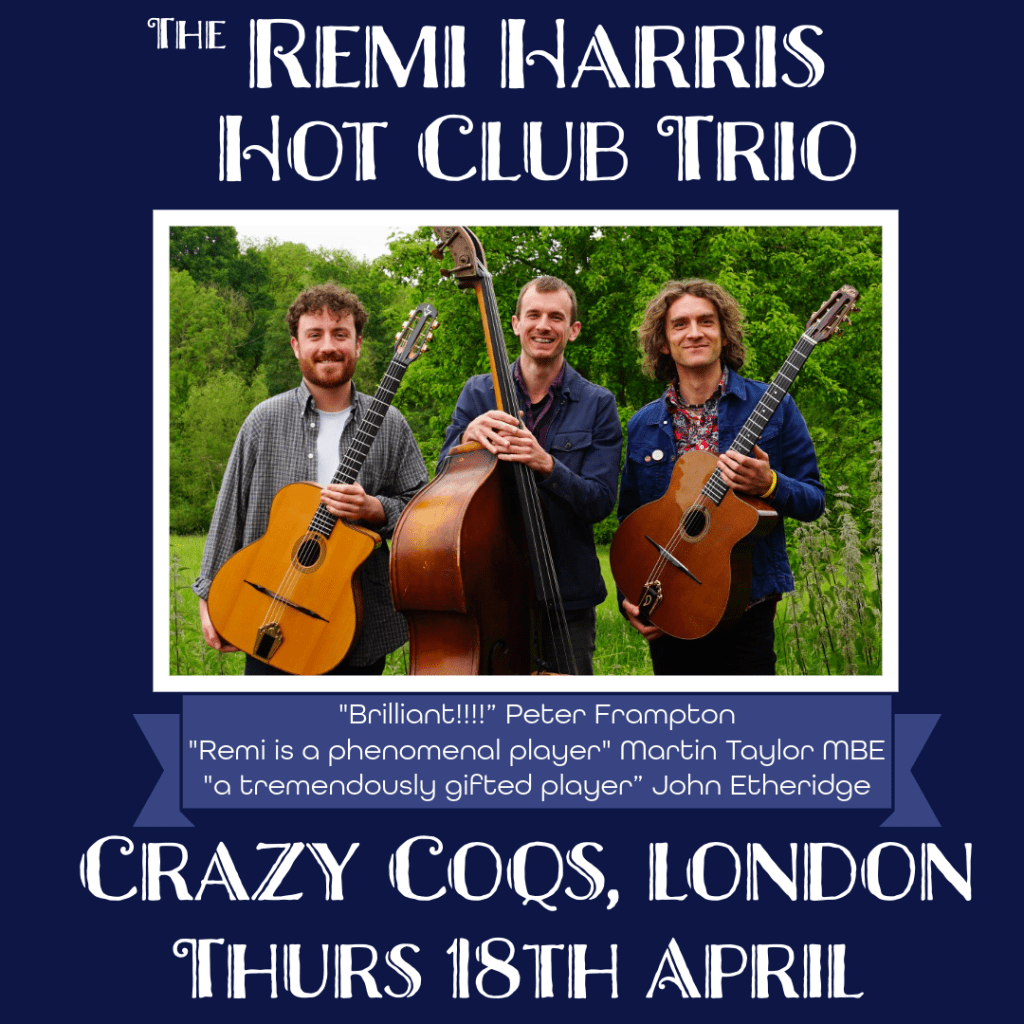


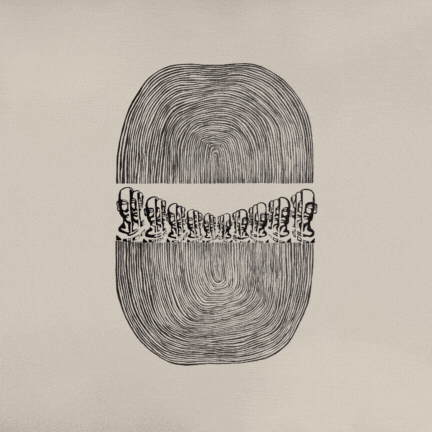

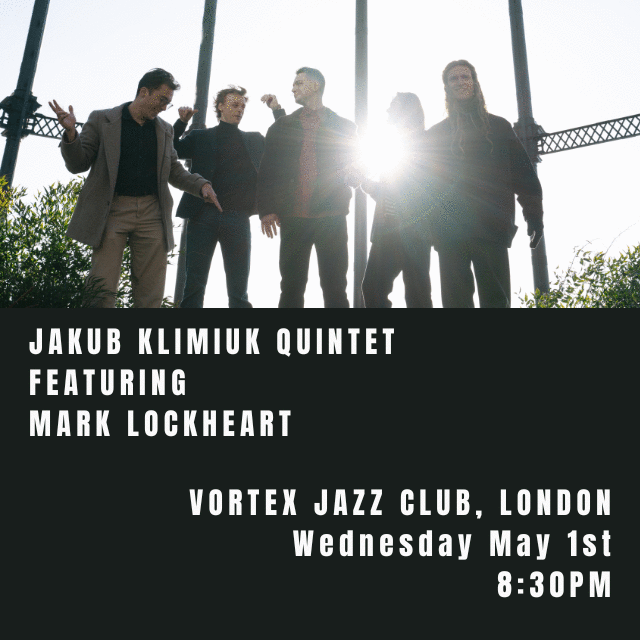
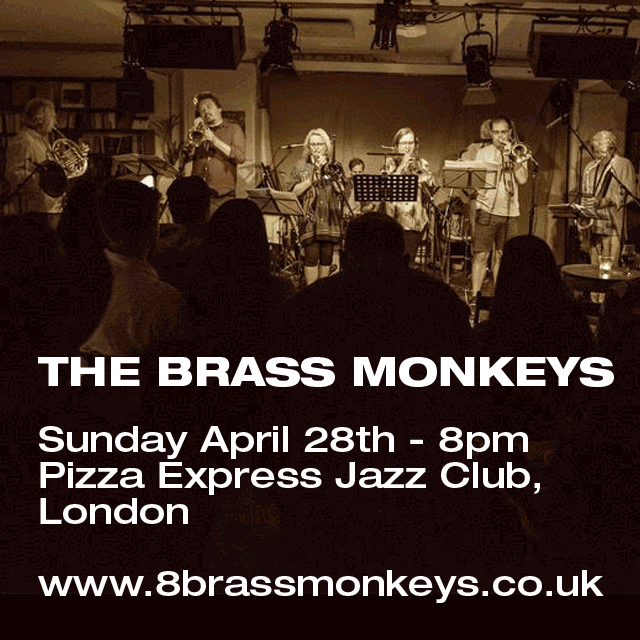
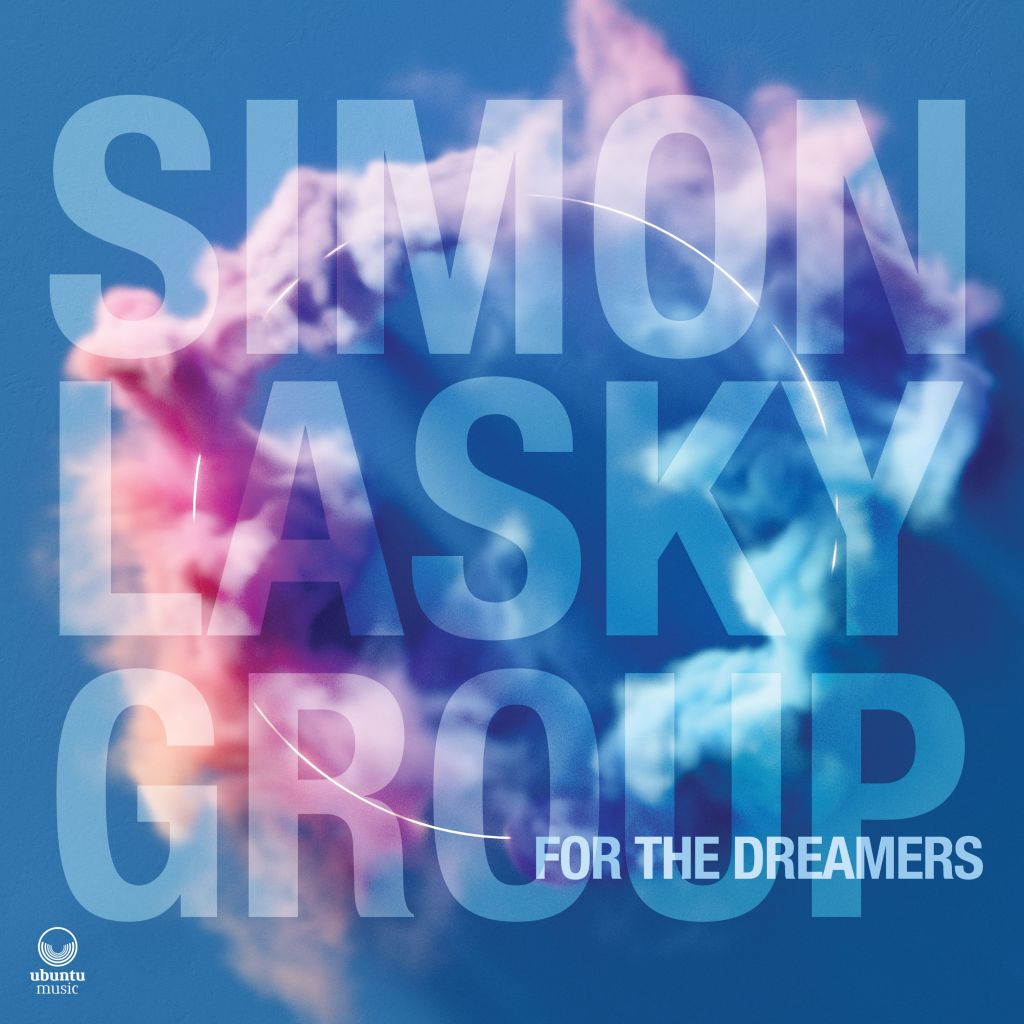
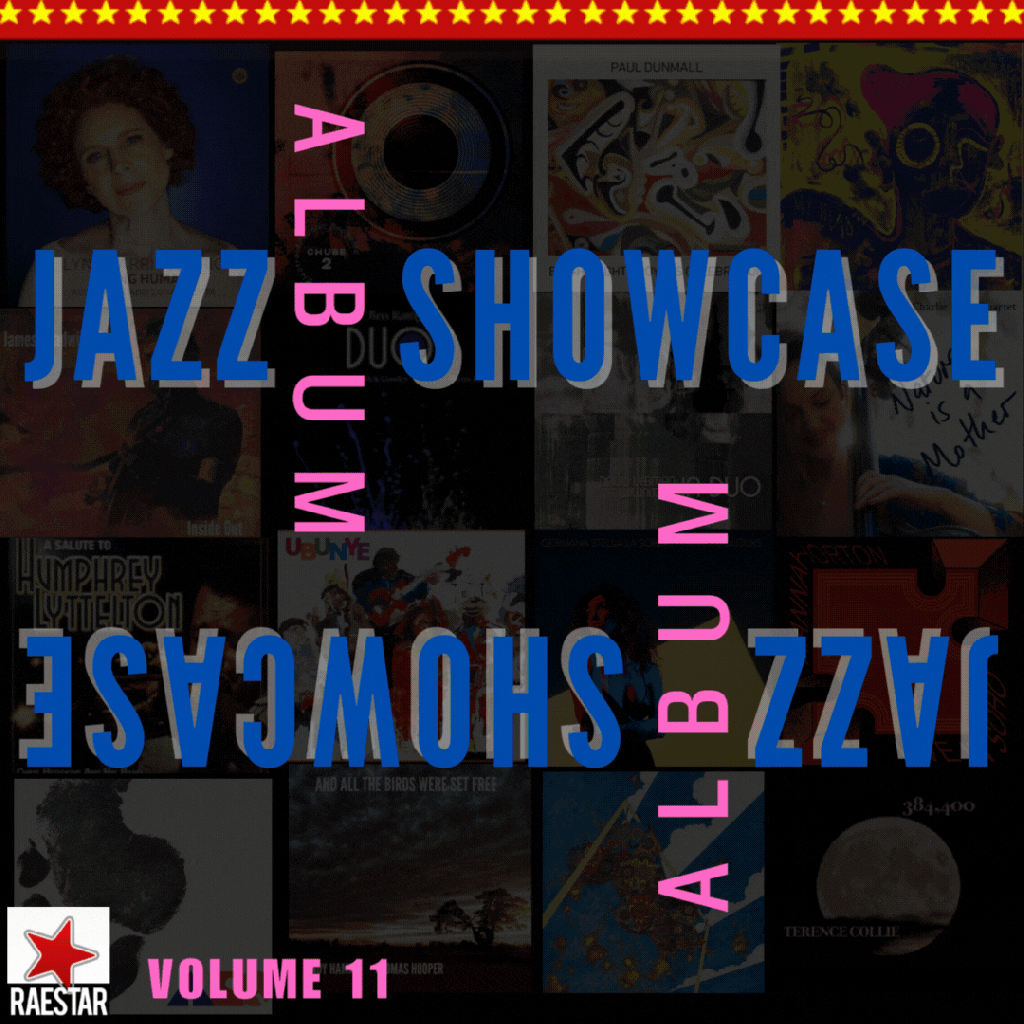

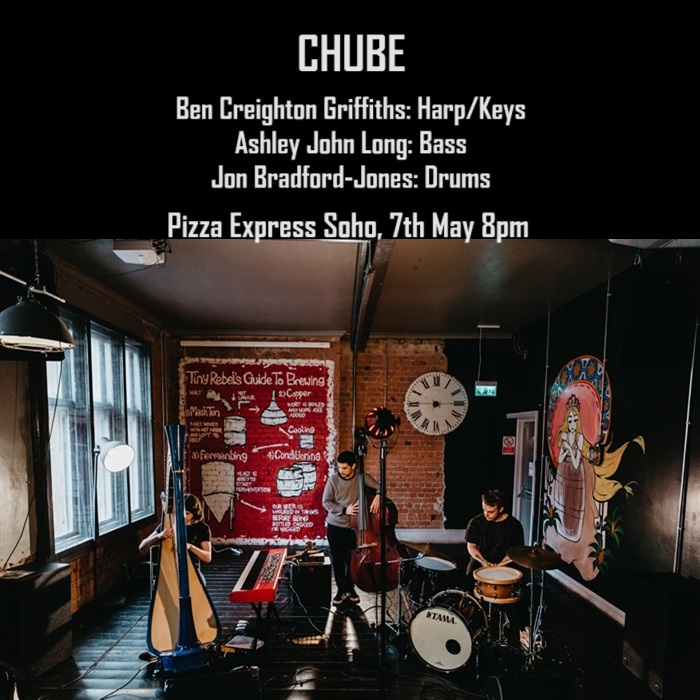
This comment has been removed by a blog administrator.